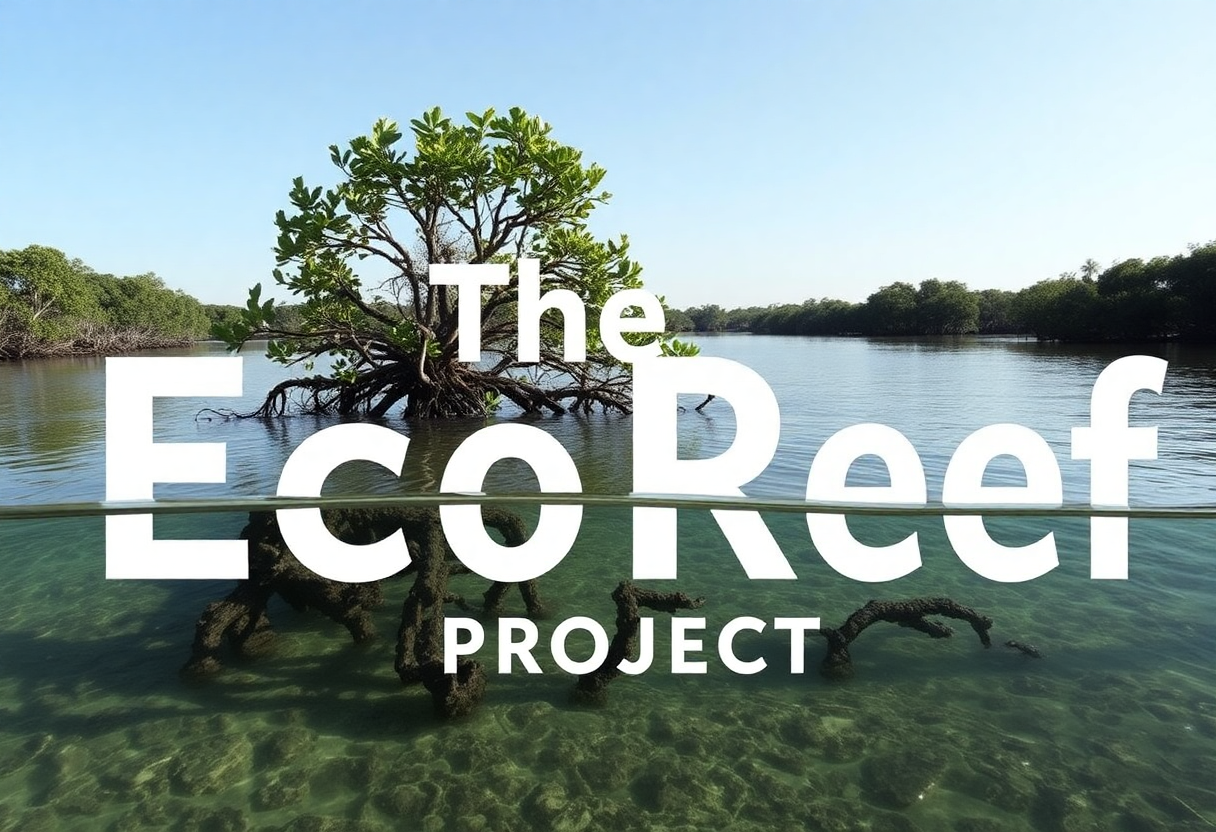Unveiling Environmental Consciousness

Humanity, Culture, and Politics
Introduction
In our ever-evolving world, environmental concerns have transcended mere scientific discourse. The question lingers: Do people genuinely care about the environment, or is their concern limited to humanity’s well-being? In this comprehensive exploration, we delve into the intricate interplay of cultural influences, political dynamics, and individual motivations that shape our environmental consciousness.
Humanity-Centric vs. Holistic Environmentalism
Some argue that environmental concern primarily stems from self-interest. This humanity-centric perspective posits that people prioritize their immediate needs over broader ecological considerations.
However, a more holistic approach recognizes that the environment encompasses interconnected systems—air, water, land, and biodiversity. True environmental stewardship extends beyond self-interest to embrace the well-being of all living beings and ecosystems.
Cultural Influences
Cultural norms significantly impact our environmental attitudes. Indigenous communities, deeply connected to the land, often exhibit strong environmental consciousness. Their spiritual beliefs and practices emphasize harmony with nature.
Urbanized societies, on the other hand, may prioritize economic growth, leading to environmental degradation. Cultural narratives around progress, consumption, and individualism shape our choices.
Political Dimensions
Environmental policies and governance play a pivotal role. Governments’ commitment to conservation, sustainable practices, and climate action directly affects citizens’ behavior.
Political leaders, advocacy groups, and media influence public perception. Policies that prioritize environmental protection can foster a collective sense of responsibility.
Psychological Factors
Cognitive biases and emotional responses impact our environmental behavior. The “optimism bias” might lead people to underestimate environmental risks.
Eco-anxiety—an emotional response to climate change—shapes individual actions and collective movements. This is now a real issue.
Economic Considerations
Economic dimensions intersect with environmental care. Financial incentives or disincentives impact people’s choices. Subsidies for renewable energy or carbon taxes drive behavior change.
Consider the concept of “externalities,” where environmental costs are often not factored into market prices.
Education and Awareness
Education plays a crucial role. When people understand the consequences of their actions, they are more likely to adopt eco-friendly behaviors.
Highlight successful awareness campaigns like Earth Hour or Plastic-Free July.
Local vs. Global Perspectives
Explore whether people prioritize local environmental issues over global ones. Cultural context influences this perspective.
Acknowledge both challenges and opportunities in addressing global environmental concerns.
Emergencies and Their Impact on People
Emergencies—whether natural disasters, health crises, or unexpected events—have profound effects on individuals and communities. Let’s explore how these situations impact people:
Physical Well-Being
Injuries and Health Conditions: Emergencies often result in physical injuries, illnesses, and trauma. People may experience cuts, fractures, burns, or exposure to hazardous substances.
Healthcare Access: Disruptions to healthcare infrastructure during emergencies can limit access to medical services. Hospitals may be overwhelmed, and routine treatments postponed.
Psychological Stress: The fear and uncertainty of emergencies can lead to stress-related health issues.
Emotional and Psychological Effects
Anxiety and Fear: The suddenness of emergencies triggers anxiety and fear. People worry about their safety, loved ones, and the future.
Post-Traumatic Stress Disorder (PTSD): Survivors may develop PTSD, experiencing flashbacks, nightmares, and emotional distress long after the event.
Grief and Loss: Losing homes, possessions, or loved ones creates profound grief. Coping with loss takes time and emotional resilience.
Social Disruption
Displacement: Evacuations force people to leave their homes, disrupting routines and social networks. Temporary shelters may lack privacy and comfort.
Isolation: Isolated individuals—such as the elderly or disabled—face challenges during emergencies. Social support networks weaken.
Community Cohesion: Emergencies can also strengthen community bonds as people come together to help one another.
Economic Impact
Financial Loss: Property damage, job disruptions, and business closures lead to financial strain. Rebuilding costs can be overwhelming.
Productivity Decline: Emergencies disrupt work, affecting productivity and economic stability.
Insurance and Recovery: Insurance claims and government assistance play a crucial role in recovery.
Cultural and Societal Factors
Cultural Resilience: Cultural practices and traditions influence how communities cope with emergencies. Rituals, storytelling, and collective memory play a role.
Social Inequities: Vulnerable populations—such as low-income individuals, minorities, and marginalized groups—often suffer disproportionately during emergencies.
Trust in Institutions: People’s trust in government agencies, relief organizations, and media impacts their response to emergencies.
Adaptive Strategies
Preparedness: Educating communities about emergency preparedness reduces the impact. Having emergency kits, evacuation plans, and communication channels is crucial.
Resilience: Building resilient infrastructure, early warning systems, and community networks enhances coping mechanisms.
Psychosocial Support: Providing counseling, mental health services, and peer support helps survivors recover.
Technology and Innovation
Technological advancements promote sustainability. From better vehicles to circular economy practices, technology plays a crucial role.
Social media and digital platforms spread environmental awareness.
Conclusion
Our relationship with the environment is multifaceted. As we navigate cultural nuances and political landscapes, let’s strive for collective commitment to safeguarding our planet. Join the conversation and be part of the solution!
#EnvironmentMatters #HolisticStewardship #CulturalInfluence #ClimateAction #SustainableLiving #NatureConnection #GlobalAwareness #EcoConsciousness #JoinTheDiscussion #EarthCare

Leave a Reply